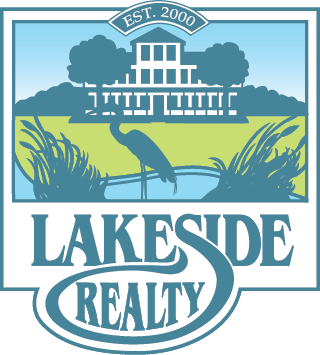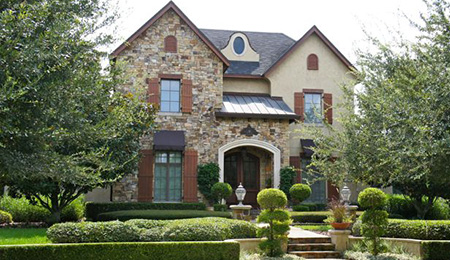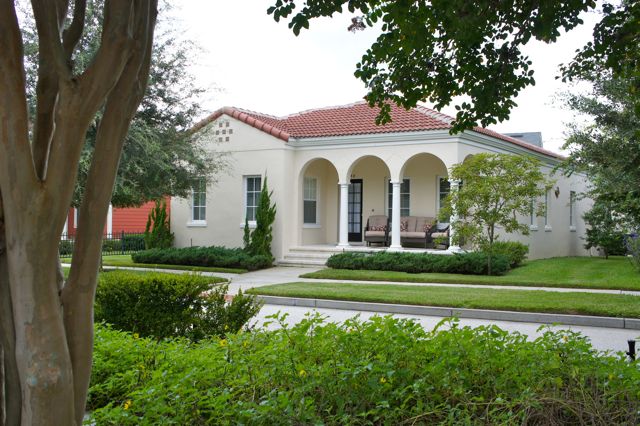Here are four tips to help you gauge a neighborhood’s suitability.
“Is this a good neighborhood?”
It sounds like such a simple question for homebuyers. The answer should just be “yes” or “no,” but when you think about it, it’s more complex and subjective than that. For example, when Kristen and her husband were shopping for their last home, they were thinking about schools because they have two small children. That’s what was important to them, but that’s not important to every buyer. Buyers who are young professionals may value proximity to work, for instance, or the quality of the local nightlife. What might be good for one buyer might not be good for another.
How do you make sure you’re buying in an area that’s right for you? Here are four tips to remember when researching your next home purchase:
1. Drive the neighborhood. Visit the neighborhood you’re interested in during different times of the day and on different days. The flavor of a neighborhood during the weekend is often completely different than it is during the week. Get out there and explore!
“What might be good for one buyer might not be good for another.”
2. Talk to the neighbors. While you’re visiting various neighborhoods, there are bound to be neighbors walking around outside. These neighbors are a great resource as to what’s going on in the neighborhood, so talk to them. They live there, so they can fill you in on small details other people wouldn’t know about (e.g., new stores being built).
3. Check out online resources. There are plenty of online resources that can give you useful neighborhood statistics (crime rates, school reviews, etc.). All it takes is a simple search. Make sure you do this before talking to the neighbors, though, because they may offer a different take on the data you find. The local school may not have the best online rating, but if you talk to one of the neighbors, they may fill you in on a special program or magnet school that doesn’t show up in the statistics.
4. Visit the local shops and restaurants. There is so much more to the quality of your life than the structure you live in. You’ll need to know whether your new neighborhood has the restaurants, shops, or amenities you want or need. You don’t want to have to commute to do the things you enjoy.
If you’d like to talk more about determining whether a neighborhood is a good fit or have any other real estate questions, don’t hesitate to reach out to us. We’d love to speak with you.



.jpg?_cchid=916b9304b98fccc597dda560b507df21)

